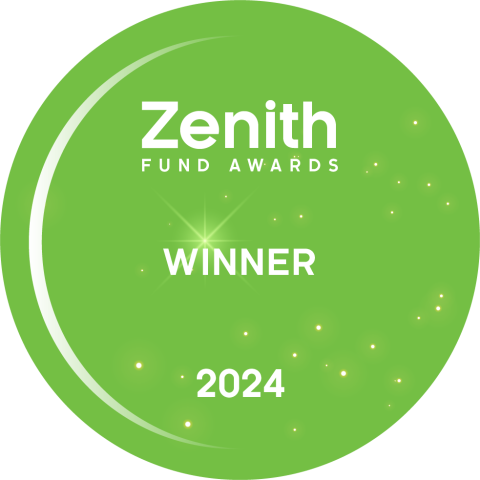10 Jan 2024
Picking next AI champion ‘fraught with danger’: GCQ co-founder
GCQ co-founder and chief investment officer Douglas Tynan is backing technology giants such as Google to make the greatest gains from AI through acquisitions and innovation, rather than smaller AI start-ups.
Mr Tynan made the comments as GCQ revealed a 50 per cent annual return in its flagship fund – the first result for the fund covering a full year since he founded GCQ alongside David Symons and Justin Hardwick in 2021. (Mr Tynan was previously at Rob Luciano’s VGI Partners.) GCQ started taking on outside money in 2022. Their fund became available on platforms favoured by wealthy clients in July that year.
GCQ’s annual letter to its investors reported the fund’s return of 50.2 per cent outperformed the MSCI World Index by 23.5 per cent. Some of the biggest contributors to the result were investments in Google-owner Alphabet, Amazon and Meta.
A holding in Microsoft, which has made a multibillion-dollar investment in artificial intelligence firm OpenAI, also contributed to the result.
“We don’t try to pick who’s going to be the winner out of AI, because I just think that’s fraught with danger,” Tynan said in an interview with The Australian Financial Review.
“We’re certainly not investing in small AI start-ups; we only invest in companies that are generating cash flow today.”
Mr Tynan said Amazon, Microsoft, Google and Meta were likely to win from the AI boom as they have the capital to make investments. “[Big tech are] super paranoid about AI competitors. If they miss out on building it themselves, they are smart acquirers.”
Alphabet is still one of the fund’s largest holdings, but GCQ has sold down its Microsoft and Meta holdings as they rose in value last year. “We were able to buy Meta when it was trading on about 4.7 times EBITDA, or free cash flow, and it was trading as though it was going out of business.
Since then, I think it’s up 350 per cent,” Mr Tynan said. “We’ve got a rule at GCQ. We always sell when a share price gets to 10 per cent below what we think it’s worth.”
GCQ’s flagship fund holds about 18 companies at a greater than 1 per cent weight.
During the year, GCQ significantly trimmed its luxury holdings in Richemont, LVMH, and Hermès from 20 per cent to 5 per cent in May. “They were on the front pages of all the newspapers in the world and Bernard Arnault was the wealthiest person in the world. So they started becoming loved and priced accordingly,” he said.
Mr Tynan said they bought the stocks in 2022 when valuations were depressed by Beijing’s COVID-19 lockdowns. After they exited, the stocks sold off due to concerns about the sluggish Chinese economy. GCQ sold out of LVMH but re-purchased Richemont, believing its brands such as Van Cleef and Cartier were less susceptible to the Asian nation’s woes.
The greatest driver of GCQ’s returns during the year was Hemnet, a Swedish online real estate marketplace also favoured by Wilson Asset Management. Mr Tynan said the fund was now focused on smaller companies with similar attributes to Hemnet and had also taken a new position in UK property portal Rightmove.
He is less enthusiastic about the Magnificent Seven tech stocks – Amazon, Apple, Alphabet, Microsoft, Meta Platforms, Tesla and Nvidia – that were market leaders in 2023. “All the talk about the Magnificent Seven was overplayed for too long,” Mr Tynan said. “We are recycling the capital back into some very high-quality local monopolies and oligopolies that are trading at attractive prices.”
GCQ vowed in the investor letter to remain privately owned, unlike some of its competitors that have gone public. “GCQ … will never introduce external shareholders.”
Primrose Riordan AFR – Senior Reporter with the Australian Financial Review
Ends.


